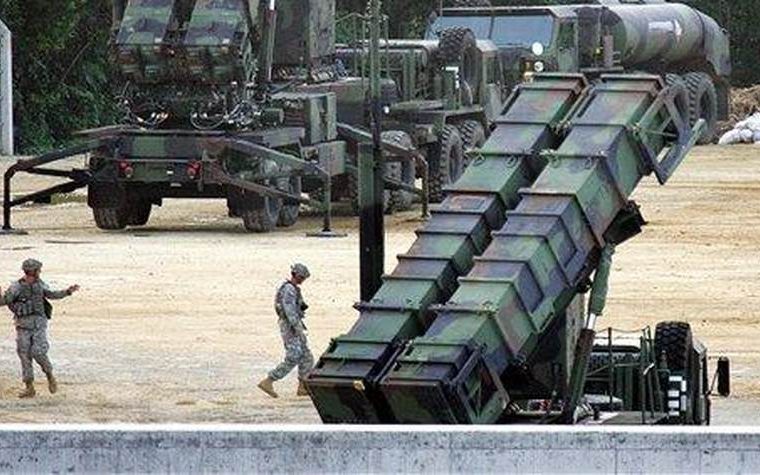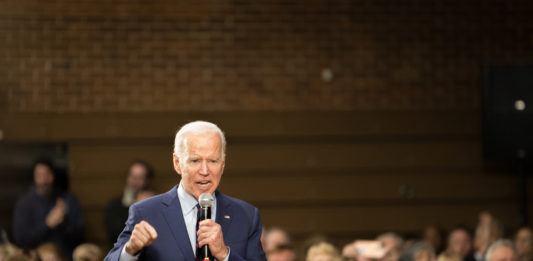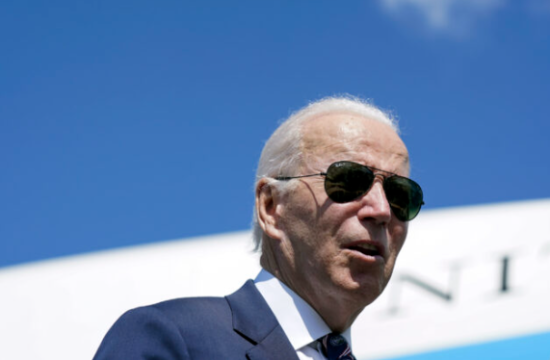The administration revealed last week that it will now ask the Democrat-controlled Congress to approve a roughly $1.1 billion arms sale to Taiwan as China continues to threaten the self-governing island nation, even as Joe Biden continues to send billions of dollars’ worth of U.S. military equipment to Ukraine in support of its never-ending war with Russia. All of this and more, despite the fact that American stocks are still dangerously low.
The Military Department has intensified its attempts to cut red tape in rival arms transactions, a strategy that would necessitate reorganizing the defense industry.
A task group of senior officials was established by the Pentagon last month to look into persistent inefficiencies in the U.S. sales of expensive weapons to other nations. According to a senior defense official, the so-called “tiger team” will examine ways for the Defense Department to streamline specific aspects of the program with the goal of more quickly getting coveted American drones, weapons, helicopters, tanks, and other equipment into the hands of partners and allies.
The study, which started inside the Pentagon about a month ago, has become more urgent in light of rising tensions with China and Russia’s invasion of Ukraine, according to officials.
Most of the foreign arms sales program is carried out by the Pentagon, but the State Department supervises it and utilizes the $45 billion in yearly weapons sales as an instrument for foreign policy to expand American influence. All foreign military purchases are eventually approved by Congress.
The American foreign military sales system was created to work in times of peace, not when the country is giving an ally battling Russia billions of dollars’ worth of military hardware. Its main objective has been to provide American-made armaments to America’s friends and partners.
However, increasing rivalry in the battle to equip friendly countries throughout the world with countries like China and Russia, which produce sophisticated weapons at cheaper costs, has the potential to negate America’s competitive edge.
Concern over the confluence of issues affecting the defense sector and the preparedness of the American armed forces has developed among some in business, administration, and Congress. America’s own armament inventories, including certain ammunition, are suffering from alarming shortages as a result of the conflict in Ukraine.












